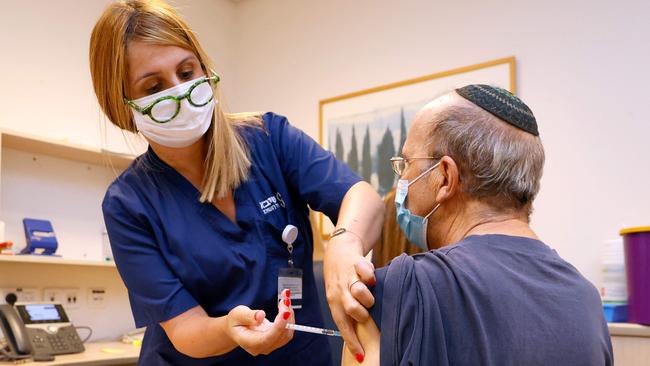
It’s possible that the vaccinated may still be vulnerable and this fear drove markets down, because such a development has major implications for growth in 2022.
Most of the initial danger reports are coming out of Israel, but Pfizer’s call for booster shots seemed to confirm the Israeli trend.
I must confess in my commentaries I had not picked up the significance of the Israeli experience and I am grateful to readers who pointed it out in their comments. The business of commentating on the virus, let alone running nations, carries no certainties and that was part of the market fall.
The previous market assumption was that nations with high vaccination rates would be able to return to a “normal” set of regulations and enjoy much higher economic activity.
Israel is a small country with high Pfizer vaccination rates and, accordingly, had strong economic expectations.
Several months ago Israeli health officials said the vaccine had 99 per cent efficacy in preventing symptoms of Covid-19 and 91.2 per cent efficacy in preventing infection from the Delta variant. These were wonderful figures.
Then earlier this month the Israeli ministry said the vaccine was 64 per cent effective in preventing infection and 93 per cent effective in preventing serious illness.
The ministry did not detail its analysis and there was considerable doubt about which estimate was correct.
Markets looked to a return to the higher figures.
Then on Monday, Australian time, figures presented to the Israeli coronavirus task force indicated that both disappointing numbers were actually too high.
The Gertner Institute at Tel Aviv University, which studies epidemiology and health policy, began analysing the ministry’s data soon after its release. Although the researchers haven’t yet finished their final analysis, they say there is real cause for concern because the figures they are seeing are even lower.
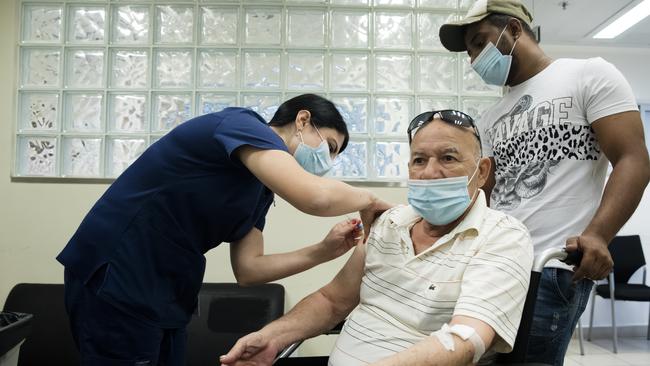
Investors picked up on this preliminary information and trashed the sharemarket, although there was a recovery in late trading. Whether this latest fall is merely a normal correction or something more fundamental will partly depend on the details of the Israeli research and how well it is matched with data from the US and Europe.
The bond market is not waiting around for the results and was particularly concerned at Pfizer’s call for booster shots, perhaps indicating their research was matching the Israelis.
The 10-year US bond yield hovered near 1.3 per cent on Friday – still well below the “benchmark” yield of 1.5 per cent.
On Monday, buying gathered momentum with the 10-year benchmark yield falling to its lowest level in five months, closing below 1.2 per cent. Bondholders were jubilant as their stock rose in value but bond rates at that level indicate a clear fear of a significant US economic slowdown.
Accordingly, some bond analysts are lowering real GDP estimates again, which is not only driving bond yields lower but hitting economically sensitive stocks, led by financials.
Covid cases have rebounded in the US this month, with the Delta variant spreading among the unvaccinated. The US is averaging nearly 30,000 new cases a day in the last week, up from a seven-day average of around 11,000 cases a day a month go.
In Europe the surge in Covid-19 cases continues to weigh on the economies, with several major European countries forced to reimplement social restrictions.
Add to that the devastation caused by massive flooding around Germany and Belgium.
As usually always happens in times of fear and uncertainty, the so-called currency “safe-havens” – US dollar, yen, and Swiss franc – rose as coronavirus variant fears threatened the outlook for a global economic recovery.
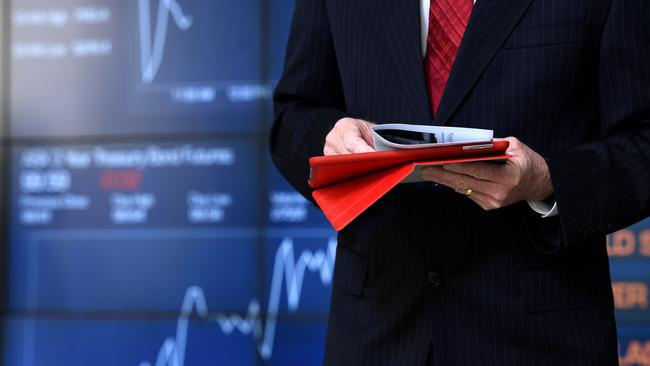
The greenback climbed to a more than three month peak against a basket of major currencies, but came off its highs as the yen and Swiss franc gained with the worsening in risk sentiment. The Australian currency edged lower.
Traditionally these times cause large amounts of money to flow into gold. Although that took place this time around, the firming US currency caused the gold price, which is expressed in US dollars, to fall marginally. The looming higher production of oil caused “black gold” to fall and copper was caught up in the changing sentiment.
This journey with the virus has caused many twists in markets and economic outlooks and it would seem that there is a lot more to come if the latest Israeli data turns out to be correct.
There will be increased pressure in Australia to continue isolation, which is bad news for overseas student and tourist levels and international airports like Sydney.
It is fascinating that in the middle of this crisis our big superannuation funds are declaring that our isolation will not be a long- term issue and so are bidding for Sydney airport.
If this uncertainty continues to hit markets they have a very good chance of getting it.



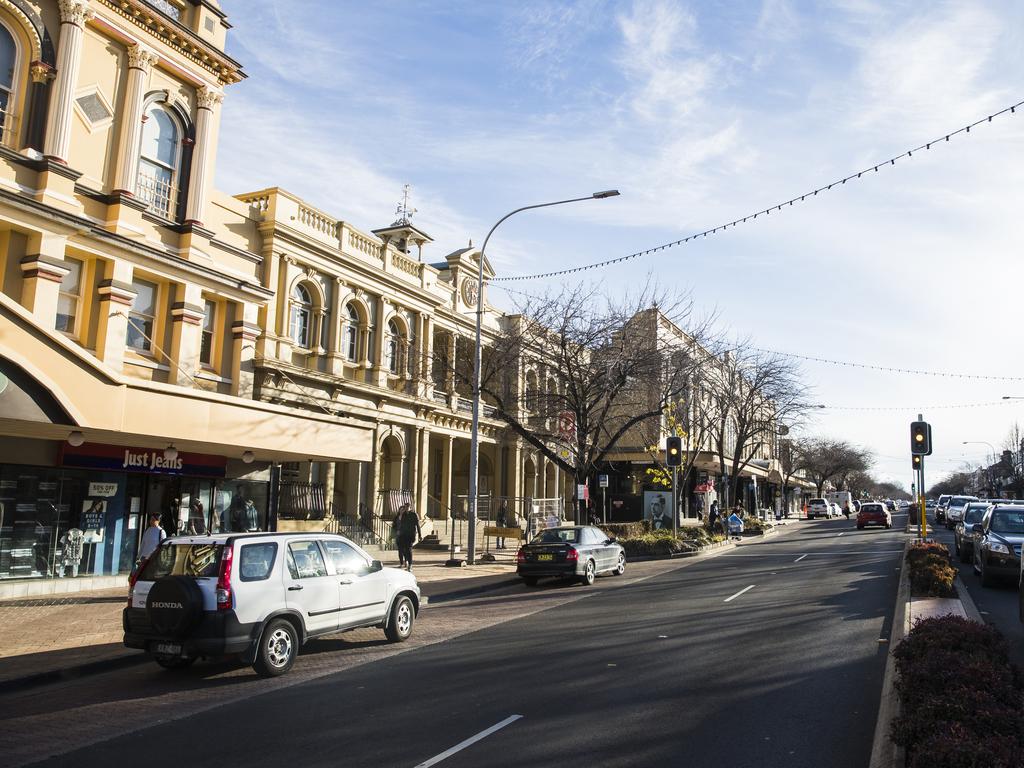
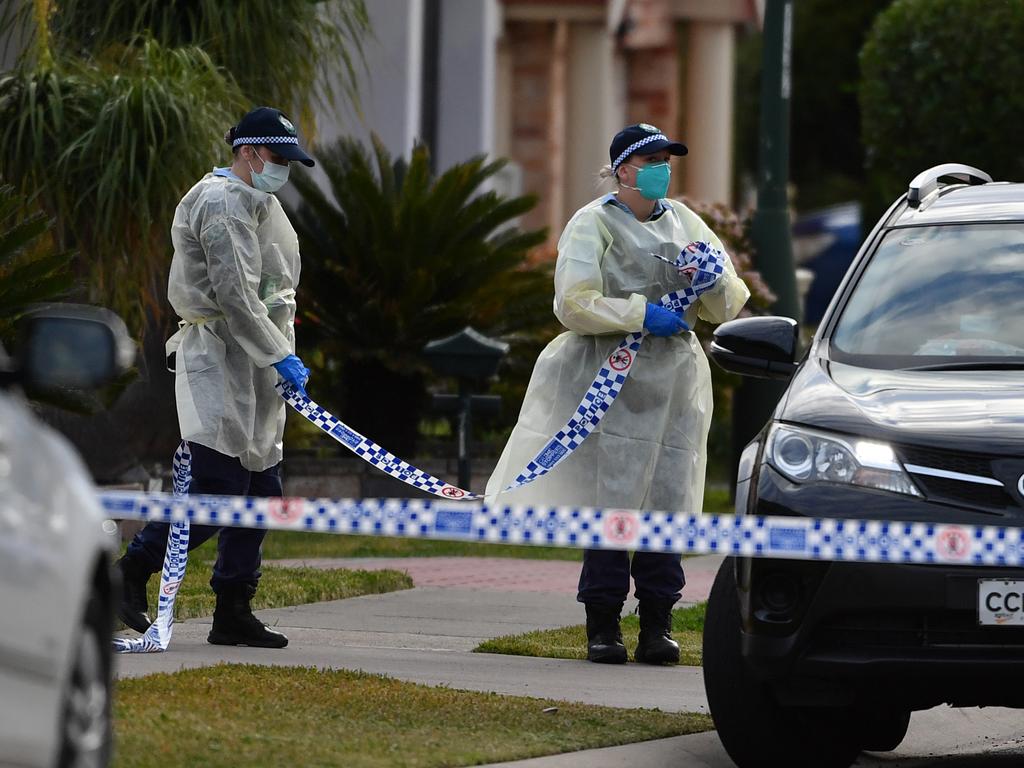
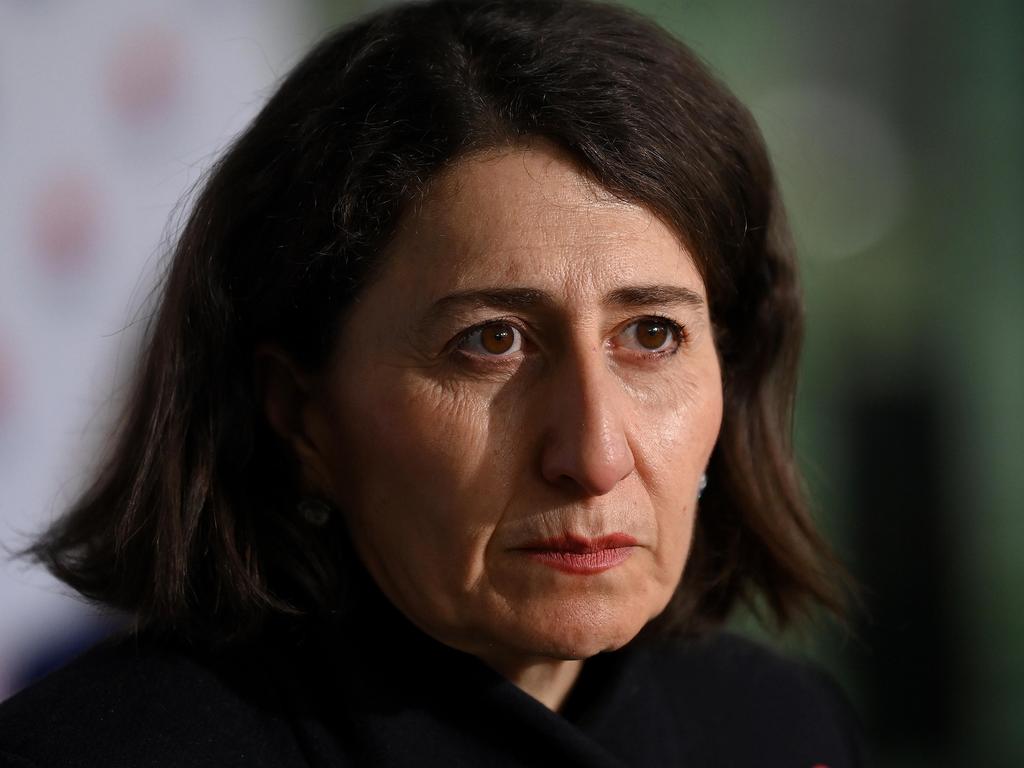


The big fall in US and European shares and the rush to bonds was caused by a much deeper fear than simply a rise in infections among the unvaccinated.